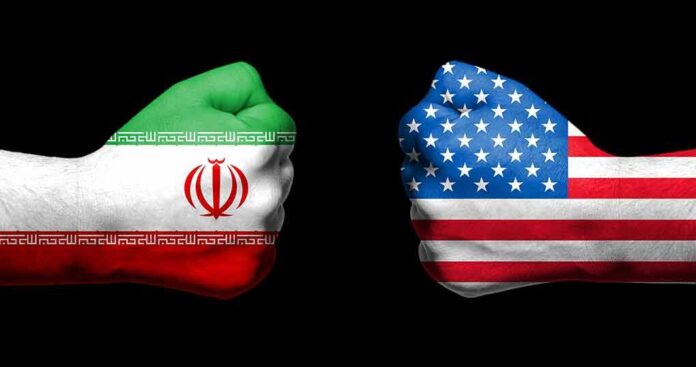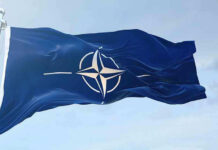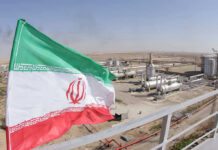
The path forward for Iran’s nuclear program could mark a critical juncture in U.S. foreign policy, as President Trump demands total eradication while some officials suggest a different approach.
Quick Takes
- President Trump strongly advocates for the complete dismantlement of Iran’s nuclear capabilities.
- Discussions around a peaceful, civilian nuclear initiative are on the table, with stringent monitoring requirements.
- U.S. Secretary of State Marco Rubio underscores the importance of halting uranium enrichment.
- Amid postponed talks, Iran continues to assert its commitment to diplomacy in the nuclear debate.
Trump’s Firm Stance on Eradication
US President Donald Trump reiterated his insistence on the complete dismantlement of Iran’s nuclear program. Trump is unwavering in his position that Iran must not obtain nuclear weapons, asserting the goal as a foundational element of U.S. national security policy. Trump remains open to discussing Iran’s potential civilian nuclear activities, provided they occur under significant oversight. Trump made his expectations very clear, stating, “We don’t want to have them have a nuclear weapon. It’s a very simple deal. Total dismantlement—that’s what we want.” This firm stance aligns with Republican calls for clearly defined objectives in ongoing negotiations with Iran.
The tension over nuclear activities reemerges along with the collapse of the 2015 nuclear accord. US Secretary of State Marco Rubio advocates for ending uranium enrichment, halting missile development, and granting access to US inspectors to ensure compliance with potential future agreements. He warned of the dangers associated with even low-level uranium enrichment, which he believes could quickly escalate to levels needed for weapon creation.
Factors Encouraging Containment
The U.S. administration is experiencing internal debates on whether full eradication or containment should be the target in future nuclear negotiations with Iran. Many, including the Special Envoy Steve Witkoff, believe that containing enrichment is achievable and better than seeking total elimination. The recent postponement of Iran-US nuclear discussions, originally scheduled in Rome and facilitated by Oman, adds complexity to reaching a resolution in the near future.
Despite the setbacks, Iran remains committed to engaging in dialogue, refuting claims of pursuing nuclear weapons, and advocating for diplomatic solutions. The Iranian Foreign Minister emphasizes their right to a complete nuclear fuel cycle under the Non-Proliferation Treaty while maintaining a commitment to peace and ending punishing sanctions.
Trump opted for talks with Iran on nuclear deal rather than Israeli-led strikeshttps://t.co/3kY6bnbSQV
Israel had come up with May attack plans and were hoping that the US would sign off on those plans.President Donald Trump opted to engage in diplomatic talks with Iran on a…
— Matt Bracken (@Matt_Bracken48) April 17, 2025
Tensions with Israel
Israel’s planned strike on Iranian nuclear sites further complicates the situation. With intentions to delay Iran’s potential weapon development, the U.S. administration, led by Trump, opted against military action in favor of continued negotiations. This decision came after extensive internal discussions reflecting a preference for diplomacy over force. Trump sets a deadline of months for negotiations with Iran, aiming for a conclusive agreement to address nuclear concerns.
The international community closely watches how the U.S. maneuvers through these complex dynamics. Any resolution will influence broader Middle Eastern stability, with U.S. allies and regional power players already taking positions on these critical negotiations.
Sources:
- Trump Waved Off Planned Israeli Strike on Iranian Nuclear Sites – The New York Times
- Trump will only accept ‘total dismantlement’ of Iran’s nuclear program
- Iran-US nuclear talks postponed for ‘logistical reasons’












